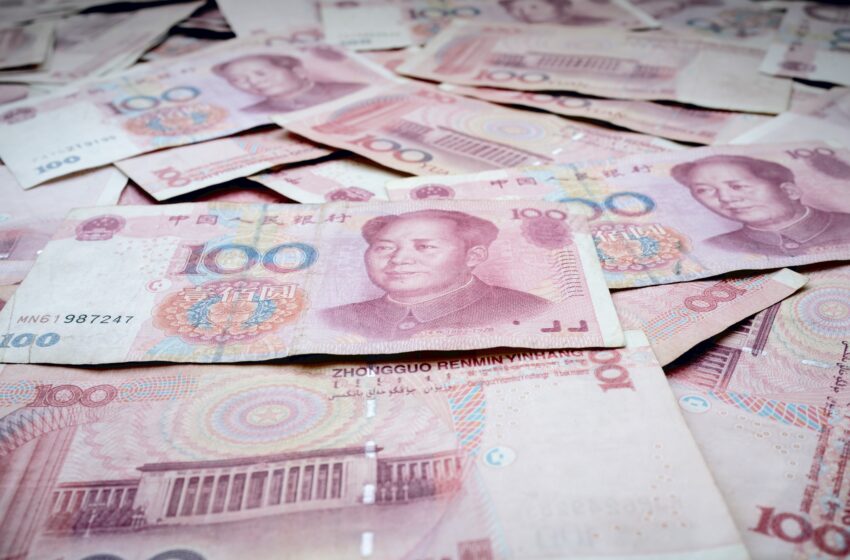
globalbizmag.com
Chinese Yuan Deposits in Taiwanese Banks Touch Lowest Level in Over Nine Years
The value of Chinese yuan deposits held by the Taiwanese banking system plummeted to reach the lowest level in more than nine years at the end of March this year, with the interest rate hike cycle by the US Federal Reserve prompting investors to move to greenback-denominated assets, according to the local central bank.
Data compiled by the central bank showed that yuan deposits held in Taiwanese banks at the end of March fell $1.03 billion from a month earlier to $25.32 billion, the lowest level since December 2013, when the figure stood at $26.35 billion, according to a report from Channel News Asia (CNA).
With more and more investors shifting from Yuan accounts to better-earning U.S. dollar accounts in the wake of an aggressive FED stance, yuan deposits held by the local banking sector fell below the $29.03 billion yuan at the end of December 2022 for the first time since December 2013, and have continued to move lower.
Yuan deposits hit an all-time high of $49.09 billion in June 2015, but since the balance fell below the $43.55 billion mark at the end of 2018, the amount has mostly trended lower, the report said.
The domestic banking units (DBUs) of local banks have been allowed to conduct yuan-denominated transactions since February 2013, when financial exchanges with China were on the rise under the then Kuomintang government. Before the rule change, only offshore banking units (OBUs) were permitted to conduct yuan transactions.
At the end of March, the yuan deposits at the DBUs of Taiwanese banks fell $910 million from a month earlier to $21.38 billion, while those at OBUs also dropped from $4.05 billion seen at the end of February to $3.94 billion, the report said quoting the central bank.
In addition to the yuan losing favour relative to the US dollar, the central bank said that the fall in deposits held by DBUs also came after some Taiwanese electronics suppliers with operations in China assigned the yuan from their accounts to pay for material purchases, while some companies in the local old economy sector converted their earnings from yuan to the Taiwan dollar at the end of the first quarter.
Retail Investor’s Deposits Also
Yuan deposits in retail investors’ accounts also moved lower for the 25th consecutive month at the end of March.
The central bank said that interest rates offered by Taiwanese banks appeared less attractive, prompting both institutional and retail investors to move their funds out of the yuan accounts.
Hwatai Bank currently offers the highest interest rate of 1.3% among banks in Taiwan for one-month yuan deposits, while Sunny Bank offers the highest rate of 1.9% for three-month yuan deposits and the highest 2% for six-month yuan deposits.
In addition, Taiwan Business Bank’s nine-month interest rate is the highest at 1.4% for yuan deposits, while Sunny Bank’s one-year interest rate is the highest at 2.2%, the central bank said.
Compared with an average of around 4% in the US dollar deposits, the Taiwanese banks currently offer, the yuan’s deposit rate appeared less attractive in the local market, the central bank added.
Meanwhile, yuan-denominated remittances in March totalled $37.3 billion, up from about $25.32 billion in February, the central bank’s data showed.
Remittances through DBUs totalled $17.63 billion in March, up from $13.66 billion a month earlier, while those via OBUs also rose from $11.62 billion to $19.68 billion, the central bank added.











